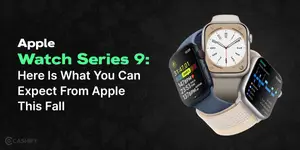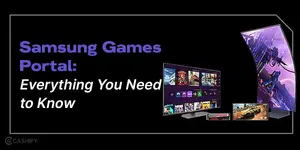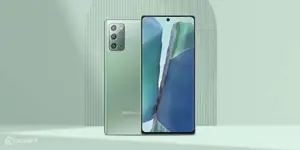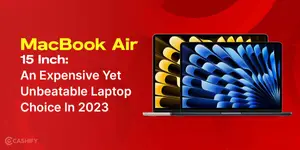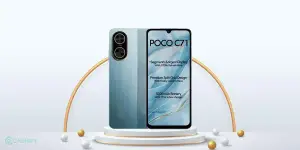iPhone 12 vs Samsung Galaxy S20: Display And Design
Both the iPhone 12 and Galaxy S20 FE come with amazing OLED panels. However, the difference lies in the size of the display and refresh rate. The iPhone 12 features a 6.1-inch Super Retina XDR OLED display with a Ceramic Shield glass cover on top. Moreover, we see the conventional 60Hz refresh rate on the iPhone 12.
On the other hand, the Samsung Galaxy S20 features a 6.5-inch full-HD+ Super AMOLED Infinity-O Display. Additionally, the display comes with a resolution of 1,080 x 2,400 pixels. Furthermore, the display comes with a 20:9 aspect ratio and 120Hz refresh rate. The display is also protected with a Corning Gorilla Glass 3. However, the Ceramic Shield in the iPhone 12 is sturdier.
Also read: OnePlus 8T Vs Samsung Galaxy S20 FE: Complete Comparison
Both the devices are equally bright and perfectly fine under harsh sunlight conditions as well. Besides, although the iPhone 12 comes with a 60Hz panel, it is not something you will complain about. iPhone animations are extremely fluid and give tough competition to 120Hz displays.
iPhone 12 vs Samsung Galaxy S20: Camera
When it comes to cameras, the iPhone 12 features a dual rear camera setup. The setup includes a 12-megapixel primary sensor with f/1.6 lens and a 12-megapixel ultra-wide-angle secondary sensor with f/2.4 lens.
On the other hand, the Samsung Galaxy S20 features a triple rear camera setup. The setup includes a 12-megapixel primary sensor with f/1.8 lens alongside an 8-megapixel telephoto zoom lens. Additionally, there is also another 12-megapixel ultra-wide-angle sensor.
Also read: OnePlus 8T Vs iPhone 12: The Ultimate Android Vs iPhone Comparison
Now, both cameras are excellent and have a great dynamic range and fast focus times. However, the Galaxy S20 wins because of the presence of a telephoto sensor.
iPhone 12 vs Samsung Galaxy S20: Processor And Battery
The iPhone 12 is powered by the company’s latest A14 Bionic SoC. Now, this chipset is incredibly fast and is a beast. It is the fastest processor and can easily compete and beat with any processor for Android.
On the other hand, the Samsung Galaxy S20 is powered by the Snapdragon 865 SoC. Now, this octa-core chipset is insanely fast too. However, it is seven months old and in the realm of technology, it is considered to be “outdated”.
Moreover, going by benchmark scores, the A14 Bionic definitely wins. However, in terms of real-time handling, there is hardly any noticeable difference. The Snapdragon 865 SoC is still insanely fast and is one of the best that there is.
Also read: Apple Reduces Prices Of iPhone 11, iPhone SE 2020 In India
When it comes to battery capacities, the iPhone 12 packs a small 2,815mAh battery. On the other hand, the Samsung Galaxy S20 packs a much bigger 4500mAh battery. However, it is important to understand that Android has way too many apps running in the background. These apps consume a lot of battery. iOS is more well optimized and the battery consumption is significantly lower. So, even though it is a very small battery on paper, it lasts longer than most people would think.
Price And Availability
The iPhone 12 price in India is Rs 84,900 for the variant which comes with 128GB of internal storage. Moreover, the 256GB variant of the smartphone is priced at Rs 94,900. Also, the smartphone is available on Amazon India and Apple India Online Store.
Also read: Redmi K30S Teased; Could Be Cheaper Than Redmi K30 Ultra
On the other hand, the Samsung Galaxy S20 price in India starts from Rs. 53,999. This is the price for the single 8GB/128GB variant of the smartphone in India. However, this price goes up to Rs. 69,999 depending on the color variant.
It is hard to declare a proper winner in this comparison. Where the Samsung Galaxy S20 comes with a good battery life and camera setup, the Apple iPhone 12 comes with an unbeatable processor and premium design. Both the smartphones are amazing and depends on whether you are a Samsung or Apple fan. Either way, it is amazing to see two of the biggest smartphone makers in the world offer two of the best flagships at $800 or less.



